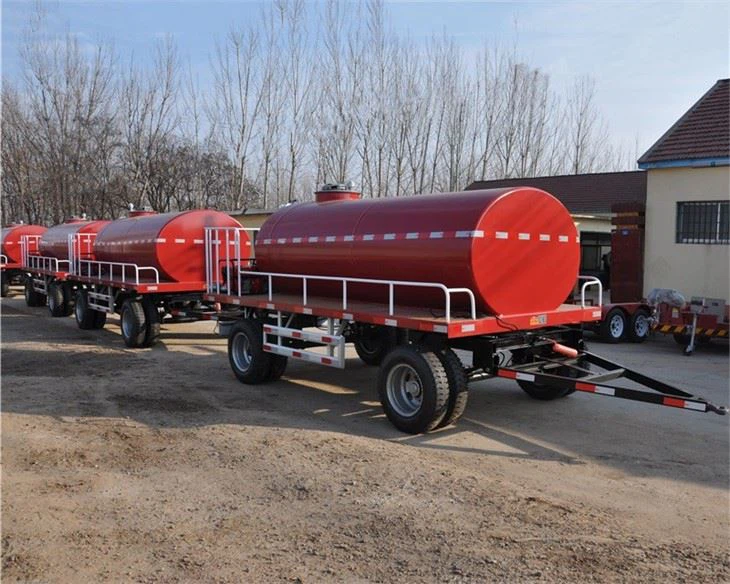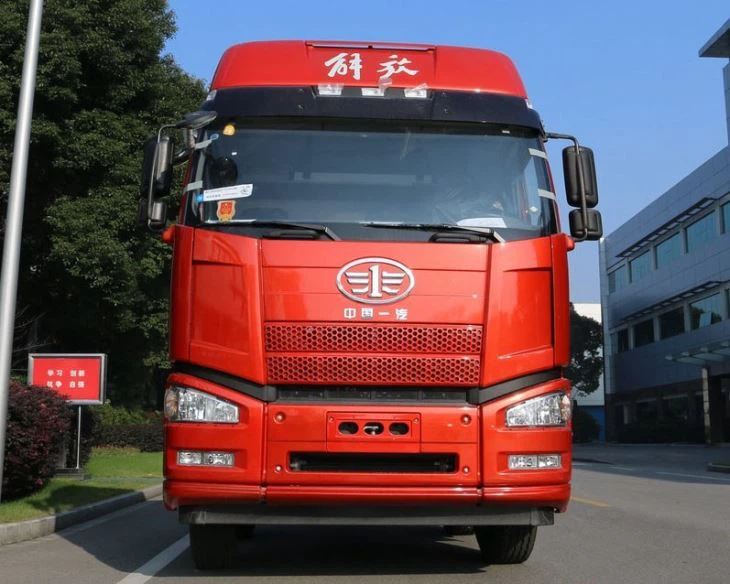Ultimate Guide to Mini Truck Specifications

Introduction
Mini trucks have become a popular choice for both personal and commercial use due to their compact size, fuel efficiency, and cost-effectiveness. These versatile vehicles are specifically designed for transporting goods in tight urban environments and rural areas alike. In this article, we will explore various aspects of mini truck specifications, covering everything from design and capabilities to popular models and buying considerations. Whether you are considering a mini truck for work or leisure, the information here will help you make an informed decision.
What is a Mini Truck?
Mini trucks are small, lightweight vehicles designed primarily for utility purposes. With their compact dimensions and impressive payload capacity, they serve various industries, such as agriculture, construction, and delivery services. Their unique design allows them to navigate narrow streets and tight spaces easily.
History of Mini Trucks
The concept of mini trucks originated in Japan during the 1950s, where they were introduced to meet the needs of farmers and small businesses. Over the years, these vehicles gained popularity in other markets, especially in North America and Europe, due to their versatility and efficiency.
Key Specifications of Mini Trucks
When considering a mini truck, several specifications are crucial in determining its performance and suitability for your needs. Below is a breakdown of these key specifications:
1. Dimensions
The dimensions of a mini truck contribute significantly to its maneuverability and loading capacity:
| Specification | Typical Range |
|---|---|
| Length | 10 to 14 feet |
| Width | 4.5 to 6 feet |
| Height | 5 to 7 feet |
| Wheelbase | 6 to 8 feet |
2. Engine Specifications
The engine is the heart of any vehicle, and mini trucks are no exception. Common engine specifications include:
- Engine Type: 4-cylinder gasoline or diesel engines
- Displacement: 660cc to 1,500cc
- Horsepower: 40 to 100 hp
- Torque: 100 to 150 Nm
3. Transmission Options
Mini trucks typically come with automatic or manual transmission systems:
- Automatic Transmissions: Easier to drive, ideal for urban use
- Manual Transmissions: Often provide better fuel efficiency and control on difficult terrains
4. Cargo Capacity
The cargo capacity of a mini truck determines how much weight it can carry. Depending on the model, the typical payload capacity ranges from:
| Model Type | Payload Capacity |
|---|---|
| Standard Mini Truck | 1,000 to 1,500 lbs |
| Extended Mini Truck | 1,500 to 2,000 lbs |
5. Fuel Efficiency
One of the main benefits of mini trucks is their fuel efficiency. You can expect:
- Gasoline models: Averages around 25-30 miles per gallon (MPG)
- Diesel models: Averages around 30-40 MPG
6. Suspension and Steering
The suspension system of a mini truck plays a significant role in providing comfort while carrying heavy loads:

- Front Suspension: MacPherson strut or independent suspension
- Rear Suspension: Leaf spring suspension for higher payload capacity
- Steering Type: Rack and pinion for better maneuverability
7. Safety Features
Modern mini trucks come equipped with various safety features including:
- Airbags: Driver and passenger airbags
- Anti-lock Braking System (ABS): Helps prevent wheel lock during braking
- Traction Control: Improves grip in slippery conditions
Popular Mini Truck Models
There are numerous mini truck models available in the market, each with unique specifications. Below are some popular choices:
1. Suzuki Carry
The Suzuki Carry is a well-known mini truck that offers reliability and performance. Notable specifications include:
- Engine: 1.3L 4-cylinder
- Payload Capacity: 1,300 lbs
- Fuel Efficiency: 30 MPG
2. Daihatsu Hijet
The Daihatsu Hijet is another widely recognized model, praised for its versatility:
- Engine: 660cc 3-cylinder
- Payload Capacity: 1,200 lbs
- Fuel Efficiency: 35 MPG
3. Honda Acty
The Honda Acty is appreciated for its compactness and fuel efficiency:
- Engine: 660cc 4-cylinder
- Payload Capacity: 1,000 lbs
- Fuel Efficiency: 40 MPG
Buying Considerations for Mini Trucks
When shopping for a mini truck, consider the following factors to ensure you select the right vehicle:
1. Intended Use
Determine whether your mini truck will be used for commercial purposes or personal transport to guide your choice of specifications.
2. Budget
Mini trucks come in various price ranges. Establish a budget before starting your search to avoid overspending.
3. Fuel Type
Consider the availability of fuel in your region. Opt for a gasoline model if diesel is challenging to find and vice versa.
4. Maintenance Costs
Research the maintenance costs associated with the models you are considering to avoid unexpected expenses later.
5. Test Drive
Always take the mini truck for a test drive to gauge its comfort, handling, and overall performance effectively.
Practical Examples and Tips for Mini Truck Usage
Here are some practical tips to maximize the utility of your mini truck:
1. Optimize Loading Distribution
Distributing weight evenly can improve stability and handling. Avoid overloading one side to prevent tipping.
2. Regular Maintenance Checks
Routine checks on tire pressure, brake functionality, and fluid levels can prolong the life of your truck.
3. Use Appropriate Tires

Select tires based on your common driving conditions. All-terrain tires can improve grip on rough terrains significantly.
4. Install a Proper Cargo Cover
Using a cargo cover can protect your load from the weather, reducing the risk of damage.
FAQs About Mini Truck Specifications
1. What is the average lifespan of a mini truck?
The average lifespan of a mini truck can be between 10 to 15 years, depending on maintenance and driving conditions.
2. Are mini trucks suitable for off-road driving?
Many mini trucks can handle mild off-road conditions, but they are best suited for urban environments and light rural terrains.
3. Can I modify my mini truck for additional cargo space?

Yes, modifications such as adding a cargo box or installing racks can increase your mini truck’s cargo capacity, provided it complies with local regulations.
4. Is insurance necessary for mini trucks?
Yes, just like any vehicle, mini trucks require insurance coverage. The type and cost will depend on usage and model.
5. How do I find parts for my mini truck?
Many parts are available through dealerships, specialized auto shops, or online retailers catering to mini truck enthusiasts.
6. Are mini trucks environmentally friendly?
Mini trucks tend to be more environmentally friendly due to their smaller engines and better fuel efficiency compared to larger trucks. However, emissions vary by model.
